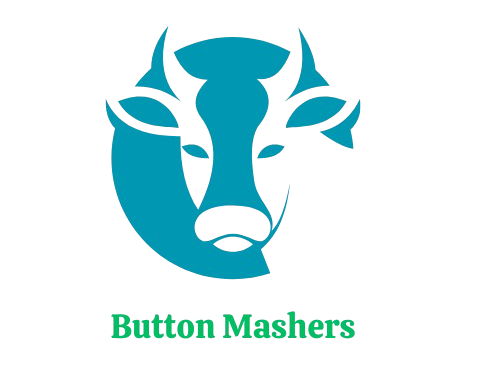Introduction: In the modern workplace, the concept of office ranking has evolved beyond mere titles and hierarchies. It’s no longer just about climbing the corporate ladder; it’s about understanding the intricate dynamics that define success in a professional setting. In this article, we’ll explore the various dimensions of office ranking and offer insights on how individuals can navigate this labyrinth to achieve personal and career growth.
- Traditional Hierarchy: The traditional office hierarchy is akin to a pyramid, with executives at the top and 역삼역안마 entry-level employees at the base. While this structure still exists in many organizations, the rigid boundaries between levels are slowly blurring. Embracing a more fluid hierarchy allows for collaboration across different levels, fostering innovation and inclusivity.
- Skill-Based Ranking: In the contemporary workplace, skill-based ranking is gaining prominence. Rather than relying solely on job titles, organizations are recognizing the value of employees’ specific skills and contributions. Continuous learning and upskilling become essential for individuals aiming to climb the ranks, emphasizing a meritocratic approach to professional growth.
- Leadership and Influence: Leadership is no longer synonymous with a title; it’s about influence and impact. Individuals who can inspire, motivate, and lead by example often find themselves rising through the ranks faster. Building strong interpersonal skills, effective communication, and the ability to collaborate across teams are crucial components of leadership in today’s office landscape.
- Adaptability and Innovation: With the pace of change in today’s business world, adaptability and innovation are key drivers of success. Employees who embrace change, demonstrate a willingness to learn new skills, and contribute innovative ideas often find themselves at the forefront of office rankings. The ability to navigate ambiguity and contribute to problem-solving is highly valued.
- Emotional Intelligence: Understanding and managing emotions, both one’s own and those of others, is a valuable asset in any professional setting. Emotional intelligence plays a significant role in interpersonal relationships, team dynamics, and effective leadership. Individuals with high emotional intelligence often find themselves excelling in office rankings due to their ability to navigate complex social situations.
- Networking and Collaboration: Building a strong professional network is a timeless strategy for career advancement. Collaborative efforts and the ability to work well with diverse teams contribute significantly to an individual’s office ranking. Networking not only opens up opportunities but also enhances visibility and recognition within an organization.
Conclusion: Navigating the intricacies of office ranking requires a holistic approach that goes beyond traditional hierarchies. Embracing skill development, fostering leadership qualities, adapting to change, and prioritizing emotional intelligence are crucial steps toward professional success. In this evolving landscape, individuals who focus on continuous improvement and meaningful contributions are best positioned to climb the ranks and make a lasting impact on their organizations.…
